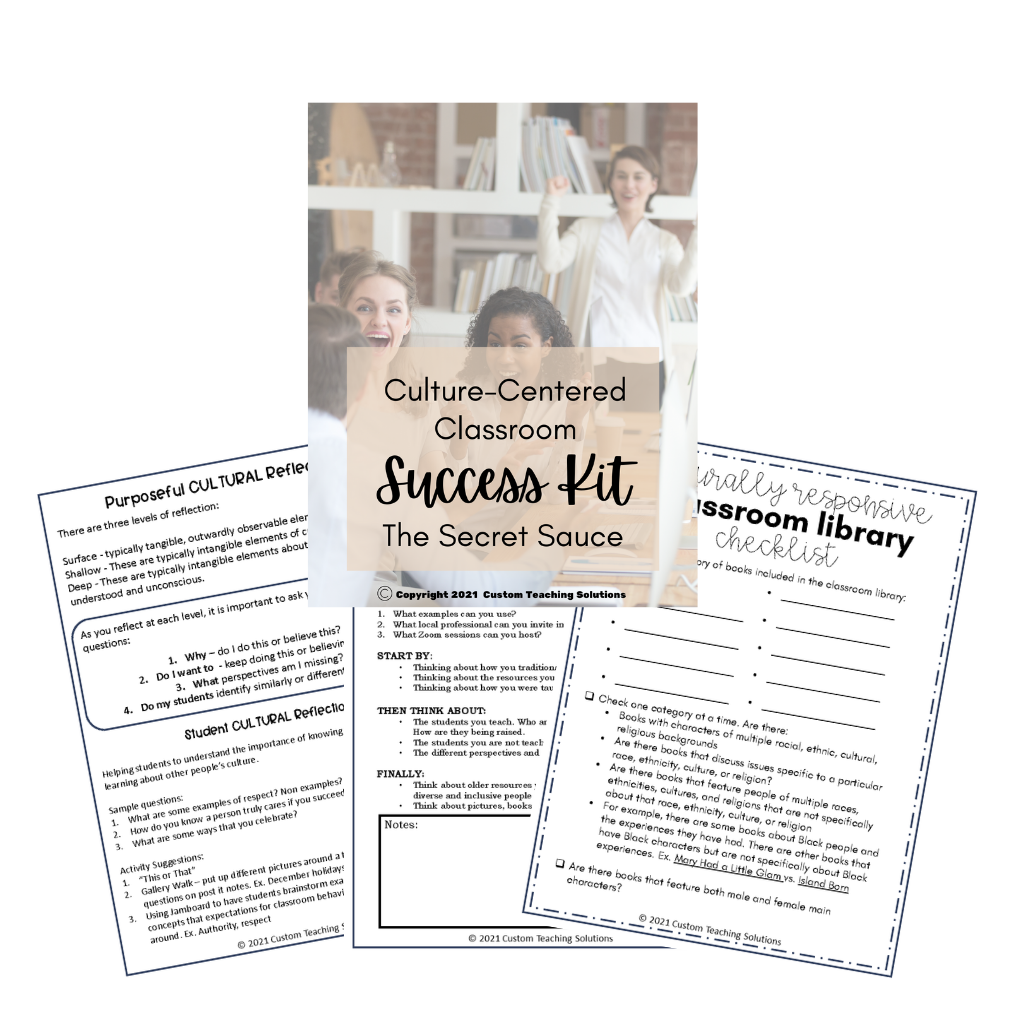A culturally responsive summer schedule? Really? Did you read the title and think, “How do I do that? What does that even mean?”
Fantastic! You’re in the right place.
A huge part of culturally responsive learning is allowing students to take ownership of their learning, foster independence, develop problem solving and critical thinking skills in order to critically assess the world around them.
Over summer break there are some ways that caregivers can help continue the development of students’ skills so they are prepared for the next school year. The best summer break is both restorative and productive to avoid summer learning loss.
Establishing a Summer Schedule
The best way to do this is to establish a schedule. A schedule allows everyone to thrive.
Here is the secret sauce for a thriving summer schedule. Let your kids help you create it.
Talk to your children:
- What do they think a schedule is?
- Why is it important to have a schedule?
- Why is it important to be flexible?
Have your children write down their ideal summer schedule. Some things to have them consider:
- How much school work time?
- TV/electronic time?
- Outside time?
- Camp?
- Movies?
- Friends?
- Vacation?
Check out this cool summer bucket list poster! This can help encourage variety, trying new experiences, and spending quality time with others and individually.
A Few Things to Consider
Once your child(ren) have written out their ideal summer schedule, there are a few things to discuss in age appropriate ways that will help develop problem solving and critical thinking skills. Below are three important topics for discussion:
- Motivation – Why does your child prefer this schedule? How does it speak to the child’s personality, learning style, etc?
- Compromise – To make the summer enjoyable for everyone, there needs to be compromise. Have your child(ren) highlight some things they are willing to be flexible with or eliminate. Share your schedule so they can see where you have to shift to accommodate other people, interests, time or budgetary constraints.
- Budget – Summer break is not a budget break. Children need to understand the importance of planning and budgeting. Determine how much money is appropriate for your family to spend on things like books, camps, and vacation. Based on this, allow for informed choices.
Fostering Independence and Team Work
Children of all ages often feel they are not in control of their schedule. They feel their day is being determined for them. Allowing your child(ren) to help plan the summer schedule can give them a sense of control. It also helps to foster both independence and team work, and allows them to see how every schedule can shift and change based on needs, new interests, or additional people. They may have to get creative to design a schedule that works for all people involved.
This one, simple activity also allows your child(ren) to answer the three anchor questions that help develop cultural competence:
- What are my children learning about themselves? (Their beliefs, norms, values, biases, etc)
- What are my children learning about their peers? (diverse perspectives – locally, globally, internationally)
- What are my children learning about the world around them? (connecting the past, the present, and the possibilities for the future)
These are lessons that transcend basic knowledge of the facts. These are lessons for life.
Whether you’re a teacher or a caregiver, or both seeking to create culturally responsive learning environments, I’ve got you covered.











